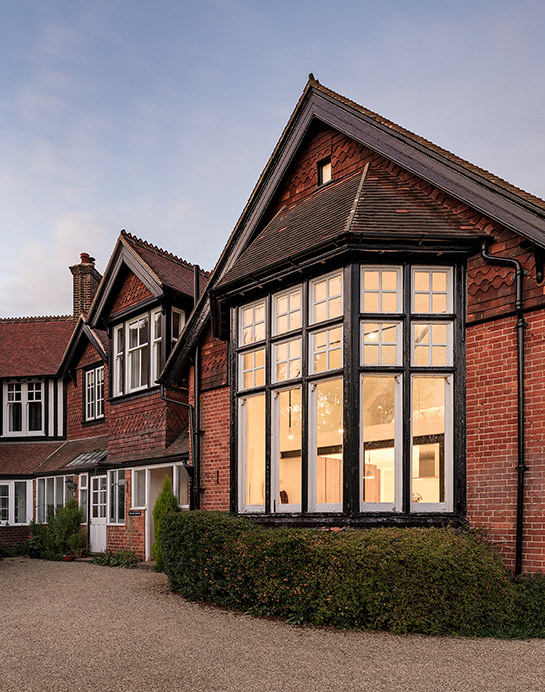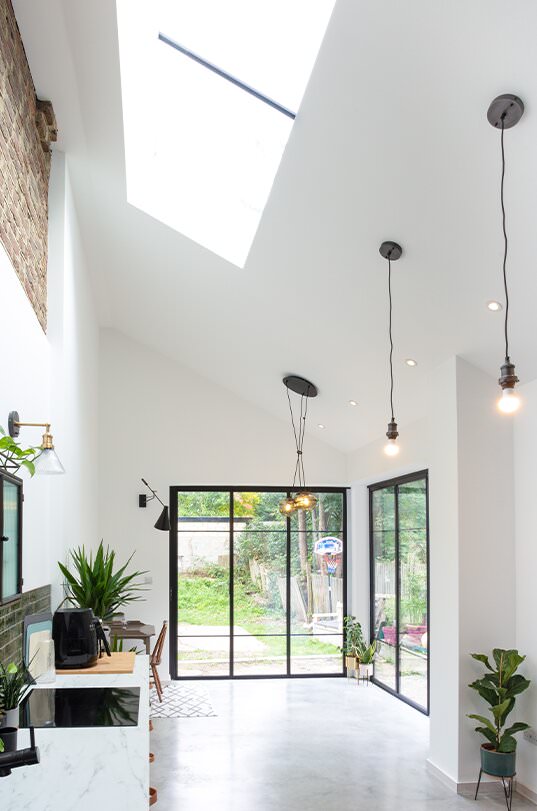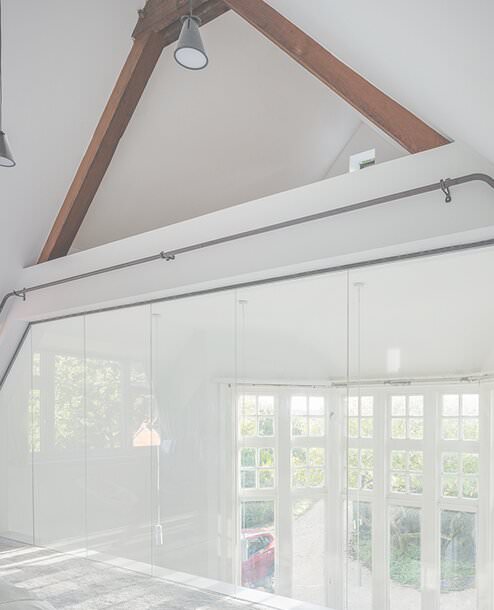10 Tips to Finding a Trustworthy Contractor
October 13, 2023
Are you looking for a contractor but have no idea how to start? Check out our 10 tips for finding trustworthy contractors for your build project.
1. Ask for recommendations
Always the best route - construction is fraught with nightmare stories, so a recommendation for a good builder feels like a rare find at times! Your architect, engineers and design team will likely have some recommendations but reach out beyond to friends and family to get a wider array of choices. But beware, recommendations are subjective so what’s good for one, maybe bad for another!
2. Check their insurances
All builders should have public liability insurance to compensate for injury or accidents to a third party or property as a result of negligence.
Otherwise contractor’s all risk cover is worth asking about which covers natural disasters / fires etc. but that will likely be agreed as part of your contract they sign up with you.
3. Are they VAT registered?
If you’re only after a handy man who’s doing a small job, this is less likely to be applicable. But jobs over the VAT threshold of £85k will require the builders to be VAT registered. If they’re not, they’re either a new start up, or not very busy.
4. Go see their work
Most builders these days have multiple projects on the run, ask to go see their work and speak with the owners. Nothing beats first hand experience! We’re constantly speaking and meeting builders on site to build a database of people we’d like to work with, so if you can’t go see them, your architect may have done the job already so start there!
5. Ask if they’re happy to take on the principal contractor role?
There’s recent changes to the law requiring most building projects to take on the principal contractor role which puts the onus on them to manage the health and safety side of the project on site. If they’re doing their job correctly, most will likely take this on and not blink an eye. If they don’t know what it is, alarm bells should ring.
6. Make a shortlist
As much as you trust one builder, creating a shortlist of several builders typically makes the process more competitive and better value for you. If you really want to go with one, consider getting a quantity surveyor in, they’ll develop a cost plan for you independently, so you know you’re chosen builder is charging you reasonably.
7. Tender out with a comprehensive tender pack
The better planned your build is, the less likely you’ll get surprise costs popping up in the construction phase which are the single most painful part of any build! Once your design is set, a schedule of works done by a qualified quantity surveyor is a great tool to compare your tenders and find the best value builder. A good schedule of works will not only identify who comes in the cheapest overall, but also will compare construction package to construction package, for example, if three contractors come in at £50k for structure, and the cheapest overall comes in at £70k, you can actually get your cheapest quote to come in even lower. All in all, not a bad investment!
8. Dig into their quote
We tender out a lot, so we’ve seen a lot of tender returns from one liners to 50 page tender returns. The rule of thumb for us is - more detailed the return, the better it is. Most fall outs on site happen due to communication, if your builder is transparent from the outset highlighting each and everything that they’re going to deliver, you’ve got a line in the sand. If you sign up to the one liner, it’ll leave you a risk of interpretation, and as much as you may like them, being in the grey zone when you’re arguing on site whether x, y and z is included is not a good place to be. Like the above point, get your tender pack detailed and scheduled out, so there’s less scope to make things up on site!
9. Professional memberships
Although not essential, sometimes having a builder who is part of a national federation, such as the federation of master builders is a great way to ensure a quality of workmanship / service is delivered. If in the worse case scenario you do fall out, there’s typically a route of dispute resolution that they have to abide by if they’re part of the body.
10. Meet them!
Any build project is not an off the shelf purchase that you’ll do over the counter. Projects can last months or years, so you need to be able to communicate easily with them and get on with them. Don’t underestimate the importance of liking your builder! Use your intuition as to whether you can work with this person for the foreseeable future.






